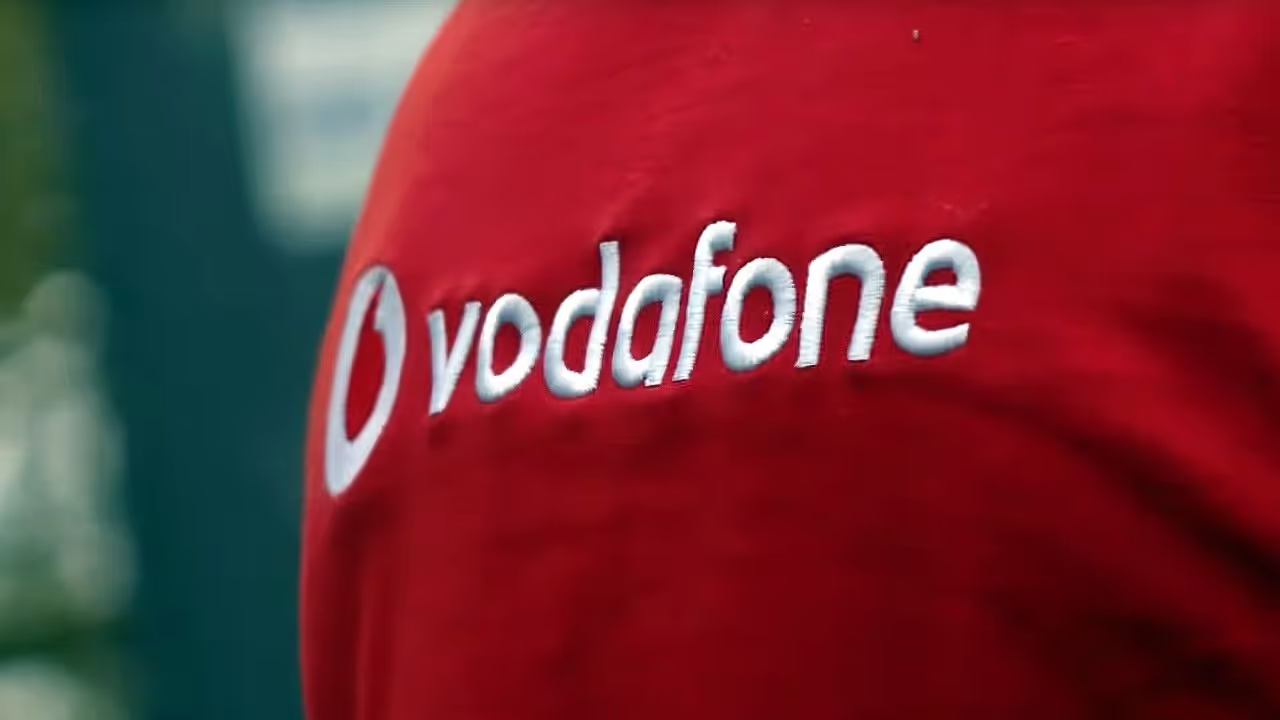
Vodafone Confirms Industry Partnerships, Including Lime Microsystems, for Open RAN Silicon Chips
Vodafone is to drive future chip architecture for open radio access network (open RAN) use-cases, partnering on the project with Intel, Arm, Broadcom, Qualcomm, Lime Microsystems and others to boost efficiency and flexibility.
Speaking to news agency Reuters, Vodafone confirmed that it was working with industry partners including Lime Microsystems on "its own chip architecture for nascent open RAN network technology," looking to disrupt a market which has traditionally suffered from poor interoperability and heavy vendor lock-in.
Vodafone first partnered with Lime Micro on open RAN technology back in 2017, using LimeSDR software-defined radio (SDR) technology combined with general-purpose processing and an app-based ecosystem. In this latest extension of that work, Vodafone is working with Lime Micro and other industry partners including Intel and Arm to extend the general-purpose processing side of open RAN platforms to increase their efficiency and suitability for radio access network operations.
The work is to be coordinated at Vodafone's dedicated research and development facility in Malaga, and will look at the development of silicon chips based on Intel's x86 architecture, the Arm architecture, and also the free and open source RISC-V architecture.
The announcement comes shortly after Vodafone activated its first 5G-capable open RAN site in the UK, in Bath, to carry live customer data. "This is the beginning of a new chapter for the mobile industry," said Andrea Dona, Vodafone UK's chief network officer, at the time.
“OpenRAN as a concept is only five years old, and we're already fundamentally changing how we deploy connectivity infrastructure. This is a watershed moment in the telecoms industry, and a catalyst for change and evolution."
More information is available on the Reuters website.